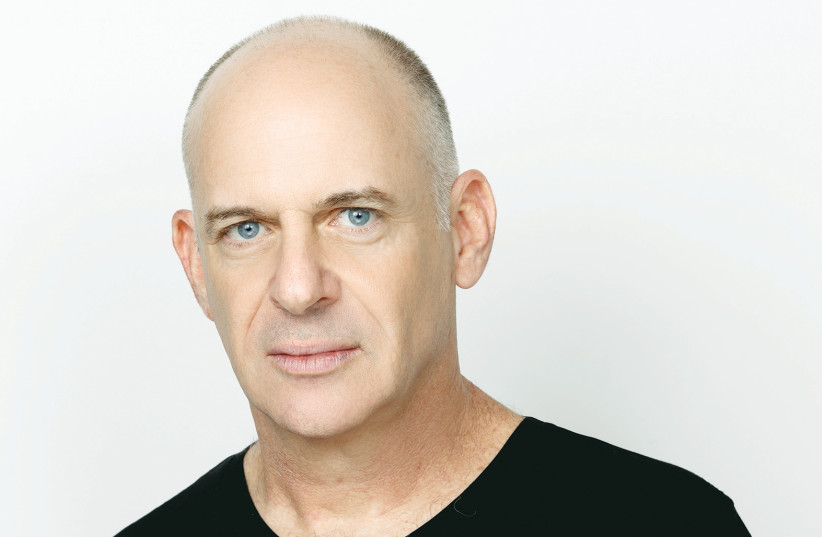Naomi Shemer, Israel’s “first lady of songwriting” will be honored upon the 20th anniversary of her death with a number of celebrations over the next few weeks.
Shemer, who died in 2004 at the age of 73, wrote some of the most enduringly popular songs of the Great Israeli Songbook, such as “Haderech Aruka Vehee Rabba” (The Long Road), “Od Lo Ahavti Dai” (I Haven’t Loved Enough) and “Ani Gitara” (I Am A Guitar).
Her songs – she often wrote the lyrics and the music – have been performed by many iconic Israeli singers, including Yehoram Gaon, Yossi Banai, Chava Alberstein, and Arik Einstein. But, perhaps her most famous work is “Yerushalayim Shel Zahav” (Jerusalem of Gold), which was premiered, by Shuli Natan in Jerusalem in 1967 just three weeks before the Six Day War.
The timelessness and broad appeal of much of her oeuvre resonates in the lineup for a June 25 (8:30 p.m.) show at the National Library in Jerusalem which features singer-songwriter 44-year-old Rona Kenan, 42-year-old singer-actor Yuval Medelssohn, 36-year-old singer-actress Avigail Kovari and 48-year-old Mizrachi-leaning singer-songwriter Amir Benayoun.
The musical program will be augmented by the appearance of Shemer’s daughter Lali who will regale the audience with intriguing and entertaining tales about her famous mother. “She was a very honest and sincere person,” the junior Shemer noted.

That meant her mother sticking to her guns, regardless of the personal and professional costs involved. “She was a feminist although she wasn’t a flag-waver. She was an interesting and brave person. I think, maybe, that is why she and her songs are still relevant today, 20 years on.” And, let’s not forget, Naomi Shemer made it in a male-dominated music industry and – for part of the time – as a single mother with all the complex logistics that entailed.
Remembering Shemer years after her passing
Part of that is down to the younger Shemer’s efforts over the years. “I am busy with her heritage,” she explained “But I don’t take it for granted that she is still popular. It is surprising. I am a little sorry she is not around today to see that for herself.”
One, of course, can understand Lali’s pain at not having her mother around but she left us with a large body of thoroughly enjoyable and moving work to feast on for many more years.
It is probably comforting to know that Naomi Shemer succeeded, during her lifetime, in commercial terms and was also showered with official kudos, including the Israel Prize.
Over the years Shemer’s works not only continue to gain radio airtime, they also feature prominently in sing-alongs and community singing, which Lali feels is a testament to the user-friendly aspect her mother incorporated in her charts. “These are folk songs which are partly very complex. But, at the end of the day, they are songs that were meant to be sung by everyone and anyone.”
Shemer’s son, musician Ariel Horowitz, will also be honoring his mother in a show called Shemer 24 Sisters, that will appear around the country, joined by artists Chava Alberstein, Dikla, Hanan Yovel, Danny Robas, and Miki Kam. The name Shemer 24 Sisters echoes the pioneering women’s group founded by Shemer in the mid-60s.
Horowitz will give a glimpse of the personal stories behind his mother’s songs along with the talented singers.
The show debuts on July 21 at Beit Lessin in Tel Aviv.
For tickets and more information: https://book-week.nli.org.il/ and il.co.kupat://2207.https/
Jerusalem Post Staff contributed to this report.
